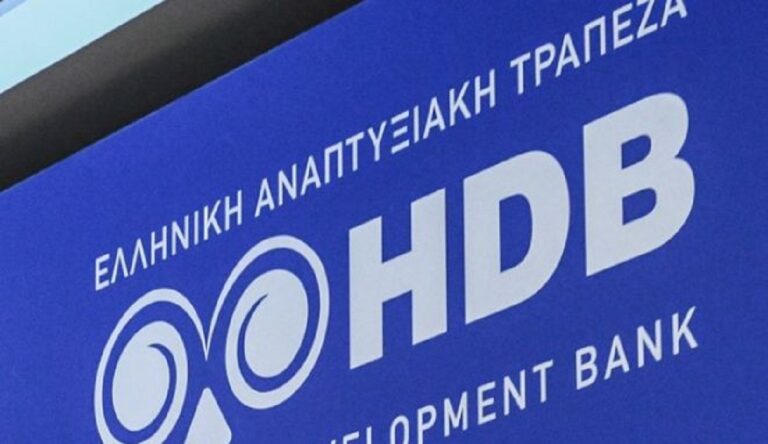Supermarket product prices in Greece are marking a decline as per a recent study by the Greek Retail and Consumer Goods Research Institute (IELKA). The findings indicate that in May 2024, the average cost of products dipped by 1.25% compared to the same period in 2023.
This downward shift of supermarket product prices in May, compared to April, is primarily attributed to the ongoing trend of price de-escalation, which can be partly attributed to the Orthodox Easter season, known for its promotional activities during Holy Week.
Numerous factors contribute to this price containment. These include the gradual easing of inflationary pressures, more favorable weather conditions in May 2024 as opposed to the previous year, and interventions by government institutions.
Additionally, the moderation of raw material costs in international markets in preceding months, coupled with market stabilization efforts, plays a significant role.
Furthermore, the influence of private label products, which enjoy a higher sales share in major supermarket chains due to a wider barcode range, adds to the overall price containment strategy.
Among the 23 categories scrutinized, 14 exhibited a decrease in prices, while 9 experienced an uptick.
Notably, substantial price reductions were noted in butter and eggs, decreasing by 7.50%. Paper products, cosmetics, and personal care items also saw a notable decrease of 5.62%. Similarly, fresh fruits and vegetables witnessed a decline of 4.04%.
Recently, a study by the Research Institute of Retail Consumer Goods (IELKA) revealed that Greek supermarket prices for a typical household grocery basket – Basic food basket – remain lower in comparison to similar stores in France, England, Italy, Spain, Portugal, Germany, and Romania.
The findings are based on IELKA’s regular report, which included a comparative price study using particular data from price comparison platforms in each country, separately and direct price checks from supermarket chains.
The study compared prices for 43 product categories and subcategories in the month of March this year in Greece with other European countries.
Source: tovima.com









































